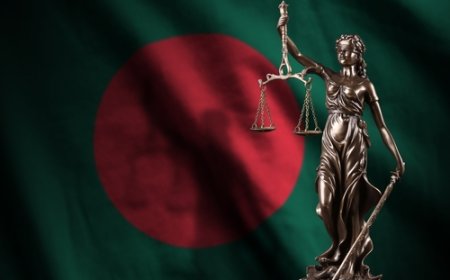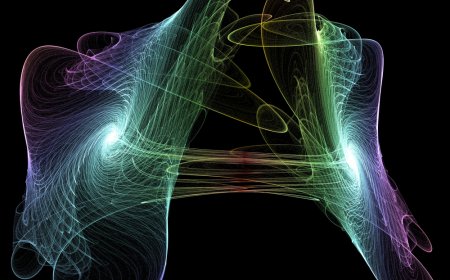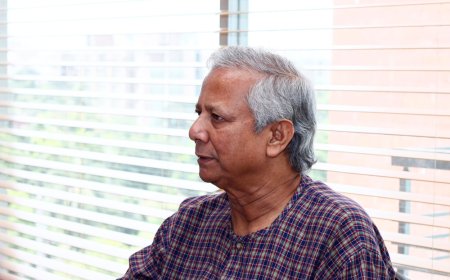The Third Act
The Interim Government as the mirror image of the 1/11 regime
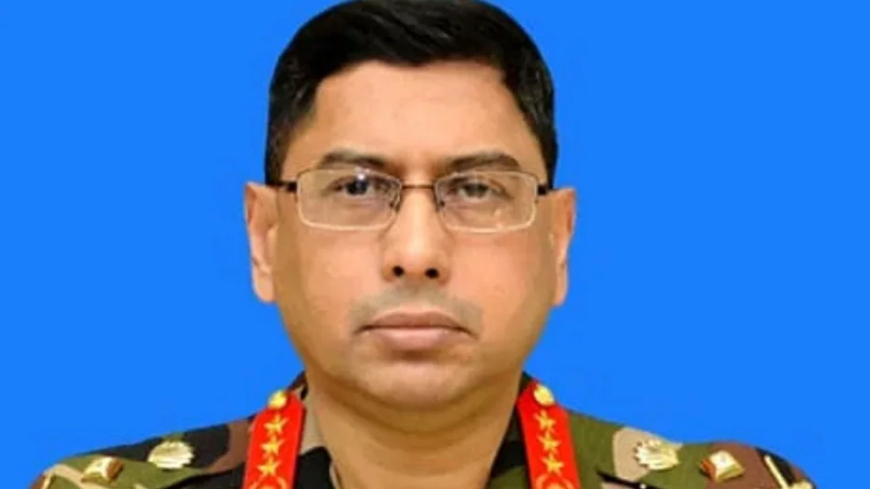
‘You shall know them by their whiskers / Goph diye jai chena’ – wrote Sukumar Roy over a century ago.
Whiskers, well moustache, can also distinguish the uniformed men who have appeared before the nation as saviours in our part of the world. Ayub Khan, Ziaul Huq, Ziaur Rahman, HM Ershad, Pervez Musharraf were all moustachoid.
Yahya Khan, on the other hand, was clean-shaved, as was Farooq Rahman when led the pre-dawn massacre on August 15, 1975.
Political analysts looking at past patterns and trends to discern the future might well conclude that political gambits of uniformed men without some foliage above their upper lip are doomed to fail!
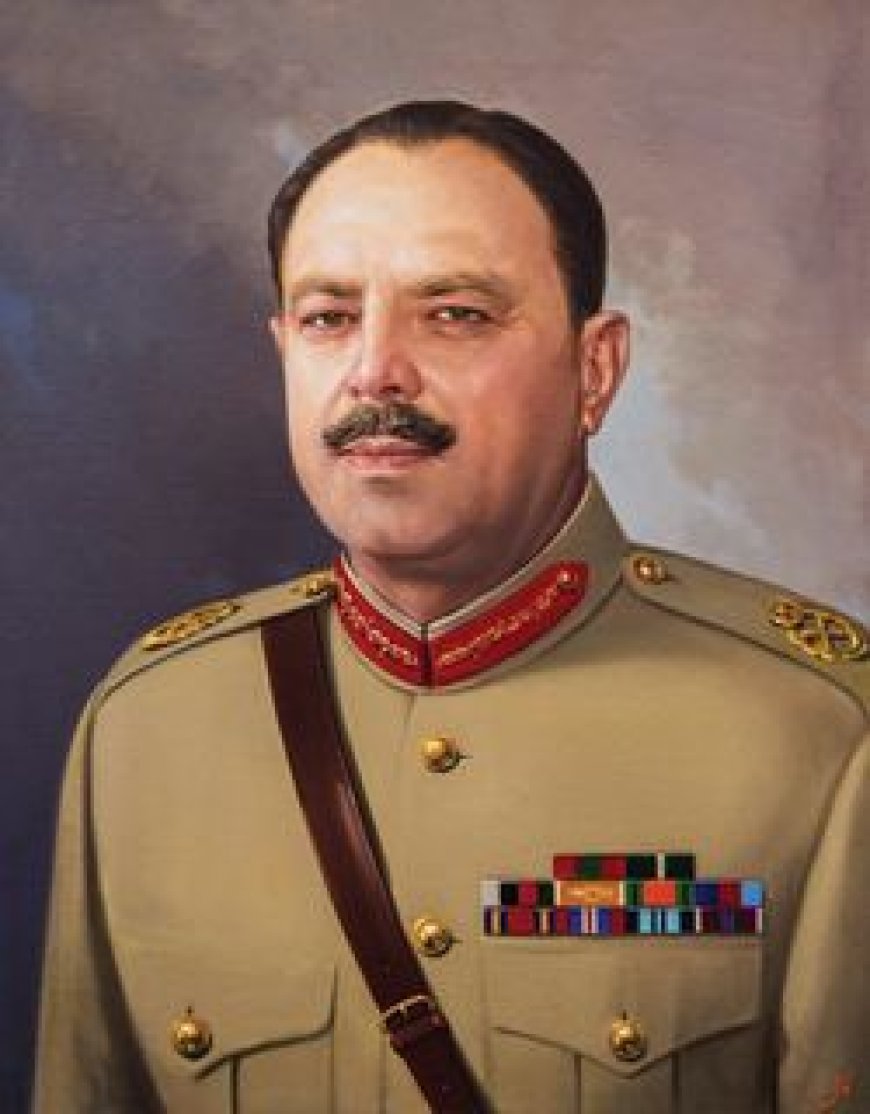
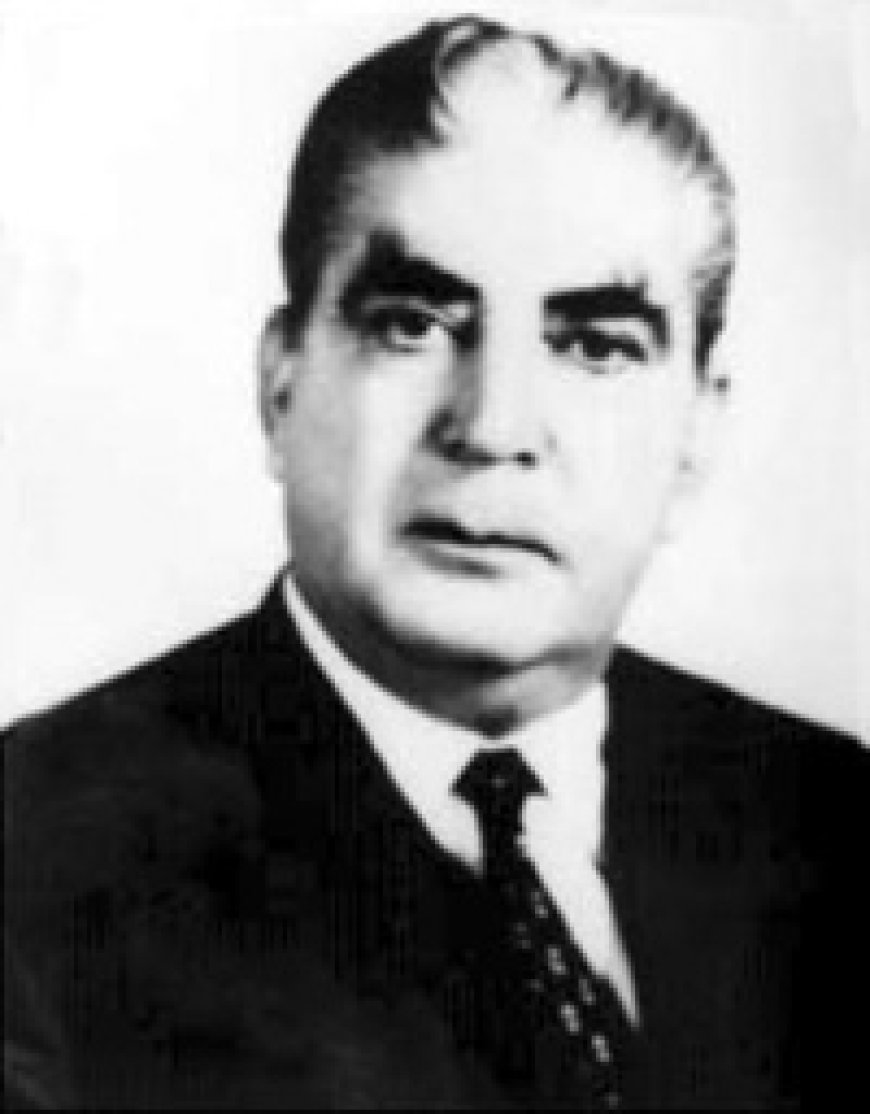
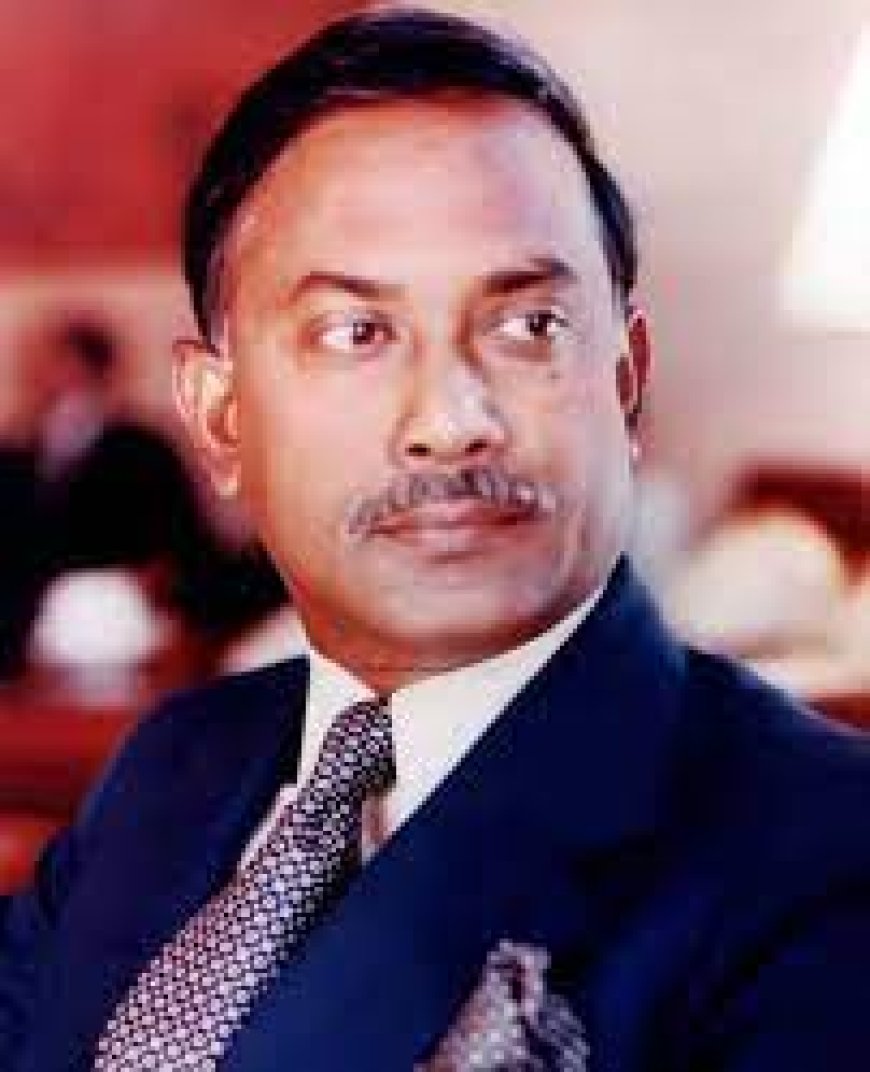
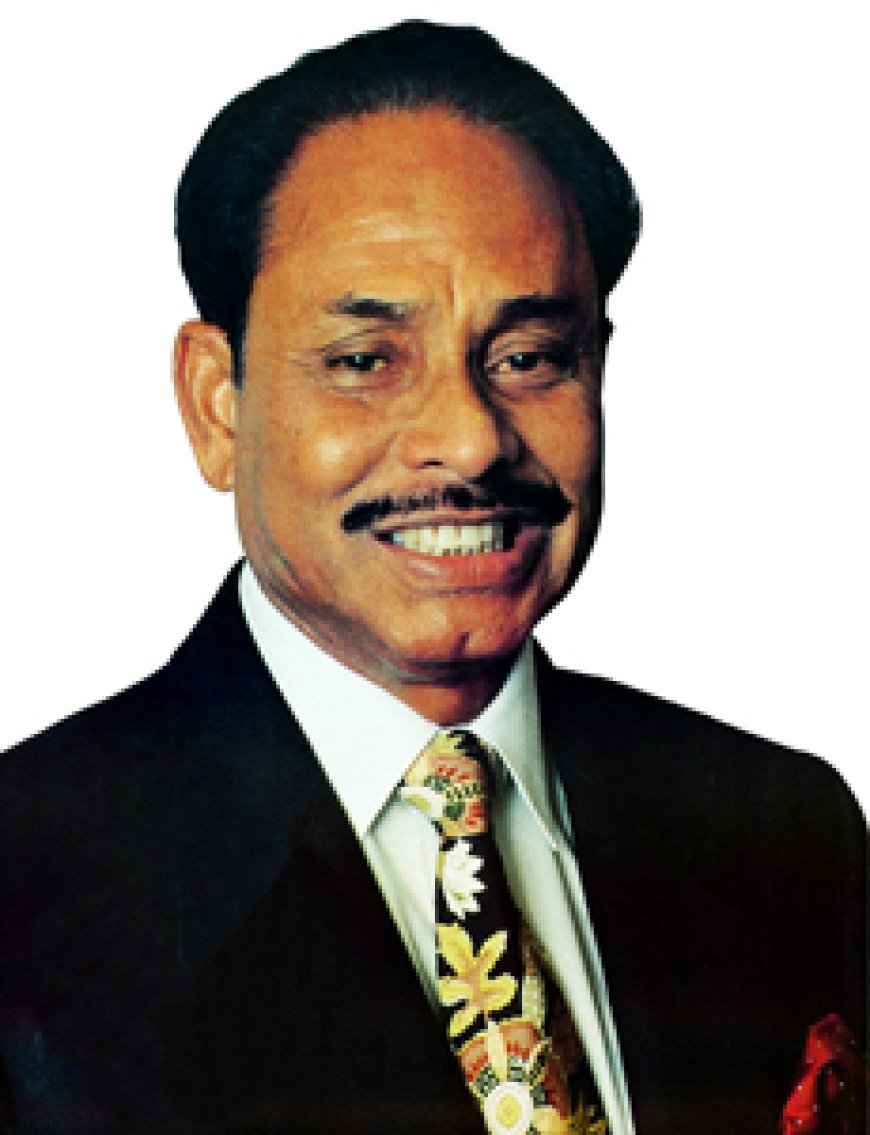
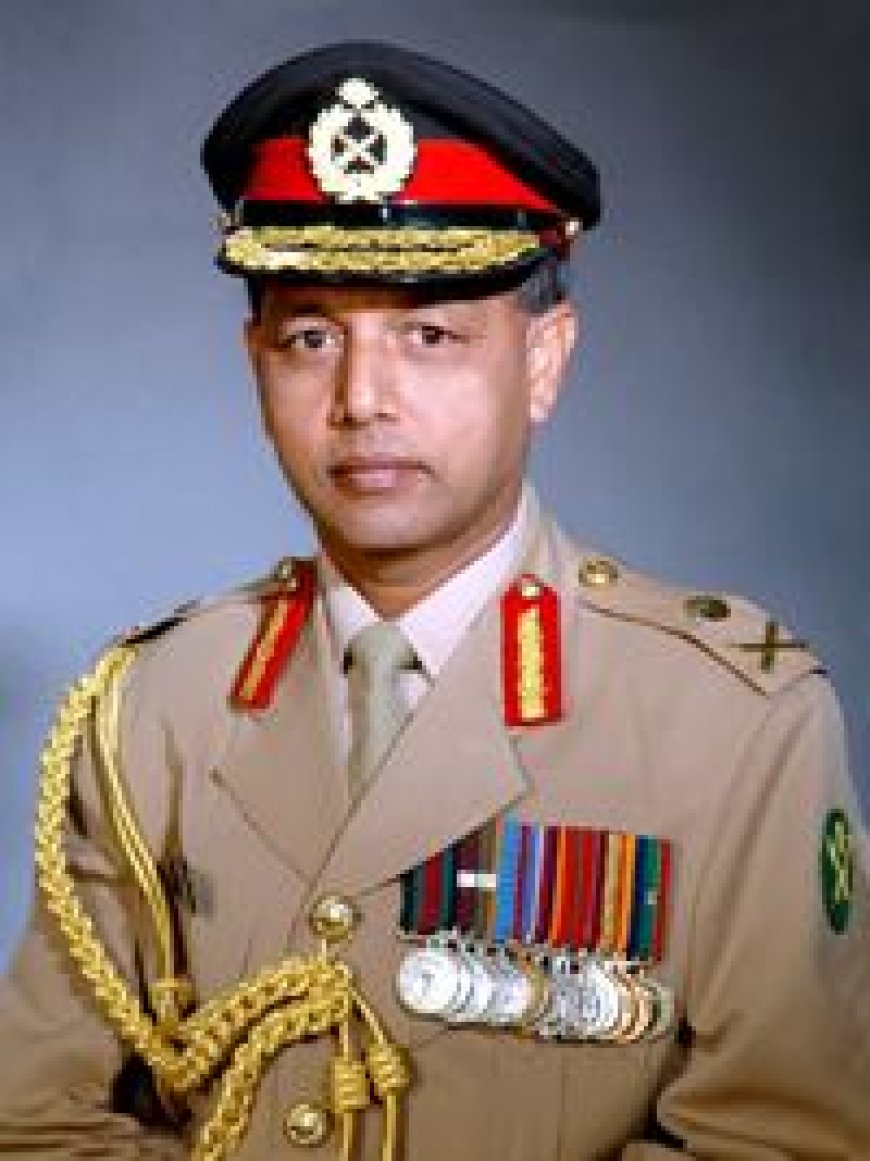
While such a conclusion would be rather silly, comparing the Interim Government’s evolution with that of the 1/11 regime can be quite revealing. From a certain point of view, the current situation is a mirror image of what happened in 2007-08. Let me illustrate by thinking of the two episodes as three-act plays.
The first act, of course, sets the context and we see the key players.
Back then, the context was the political gridlock ahead of the aborted January 2007 election. The then army chief, Moeen U Ahmed, asked the then President Iajuddin Ahmed to declare a state of emergency on January 11 – hence the moniker, 1/11 – and form a government of technocrats.
The coup that dared not call itself thus was widely hailed by our chattering classes as a one of deliverance. The regime styled itself “military-backed caretaker government” that promised a sweeping anti-corruption drive. Gen Moeen attended university seminars and gave media interviews about the politicians’ corruption, and the need for a new politics. Public spokespersons for the regime went on air and told the nation that they were dealing with the big fishes, as senior leaders across the political spectrum were arrested. The first act of the 1/11 regime was one of supreme confidence as it embarked on its attempt to refashion the country’s politics.
In contrast, the first act of the Interim Government -- and note the name -- was anything but one of supreme confidence.
When Gen Waker-uz-Zaman appeared before media in the afternoon of August 5 to say he was “accepting responsibility,” it was not just Sheikh Hasina who had fled, but also her cabinet, senior and petty bureaucrats, judges, heads of educational and religious institutions across the country, and much of the police force!
The country was literally without a government between August 5 and 8, 2024. The Interim Government had to grapple with agitations from all parts of the society, with every other day some group or other blockading some interaction or other demanding something or other. The economy seemed to be in free fall. There were communal tensions, instigations from the agents of the fallen regime as well as radicals at home and abroad. And of course, there was a barrage of industrial scale disinformation from India, leading to a mob attack against our mission in Agartala.
For much of the first act of our current political drama, it wasn’t just the Interim Government that looked extremely tentative, but the very sovereignty of the country looked to be in question.
The second act of a play is one where complications arise, or things develop in an unexpected manner. In the political drama that was the 1/11 regime, the second act was when the regime basking in the glory of having arrested all major politicians was confronted rising food prices, and sudden outburst of youth riots across the country. Thankfully, Moeen did not try to tighten his vice on power by killing hundreds. But he would never recover from the August 2007 riots, and the king’s party he was trying to form was aborted.
The second act of our current political drama was perhaps the spring and early summer, by which time the imminent threats to the country’s survival had abetted, the economy had stabilized, and the Interim Government was credited for the turn around. The youth leaders who spearheaded the July Uprising formed a political party with much fanfare in spring. Professor Yunus received the UN Secretary General and was accorded a warm reception by the Chinese president. There were talks of a new constitution a second republic in the long run, but also a prolonged interim period as our best and likely option.
And this second act has now come to an end with the army chief pointedly telling his troops that he wishes to see an elected government on by January 2026.
How will the third act play out?
The third act is when the main conflicts or complications are resolved. Last time, the third act was all about Gen Moeen and cabal, along with their civilian front, trying to find a safe exit. They had released all the politicians, and arranged the exile of Tarique Rahman, then a BNP senior leader. They coaxed and cajoled the parties to participate in the general election. It was an agonizingly slow denouement with little overt politics.
Unlike the last time, the end this time might involve more sound and fury, but will they signify much, if anything?
We know how the drama must end, and when -- in an election in December. But that is still a monsoon, late summer, and autumn away. Having been told in no uncertain term that some of his government’s more ambitious proposals should be shelved, will Professor Yunus want to stick around that long? The constitutional reform process has been rudderless all along. Will the din for election drown out the reform discourse? Having failed to take off since its launch, will the NCP try to play spoilers and refuse to even participate in the election? Will the online fire breathing radicals accept the emerging reality? Will any of these matter?
It is, of course, ironic that the homecoming of Tarique Rahman is likely to be a key set piece of the third act in our current drama. When will we see that?
Both Gen Moeen and Waker are, of course, clean-shaved. Moeen ended up as a social pariah in exile, very much like Iskander Mirza, the subcontinent’s first military ruler, and also without a whisker. Gen Waker-uz-Zaman will very likely have a better coda.
What's Your Reaction?







